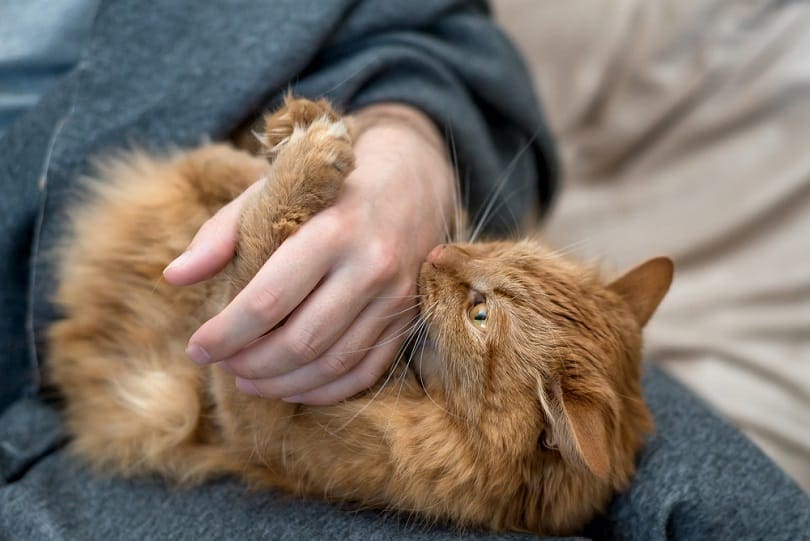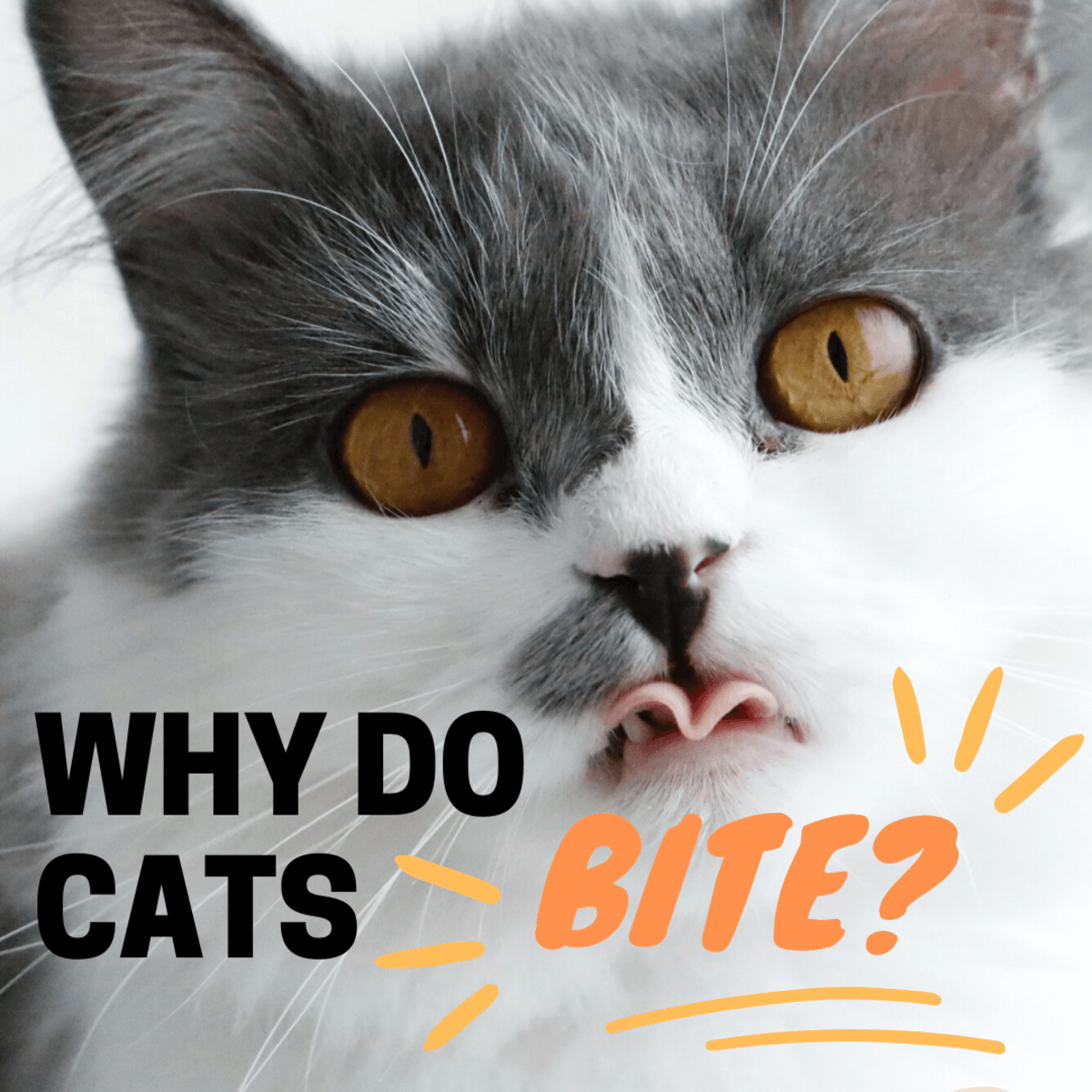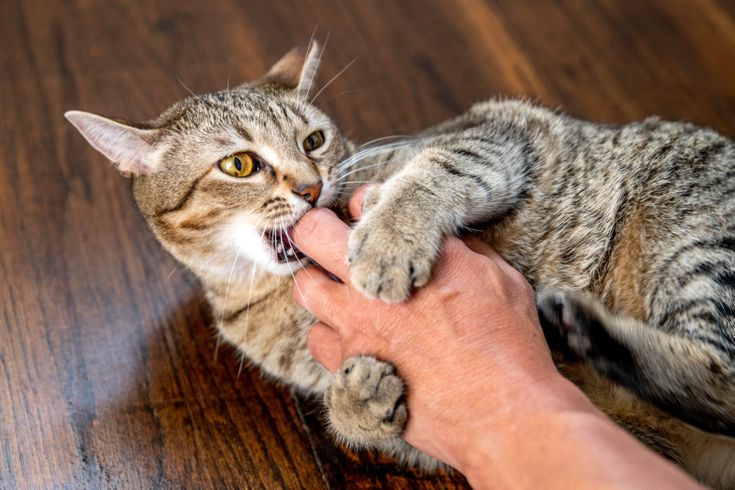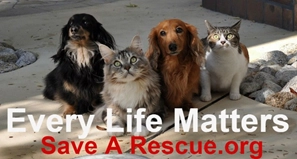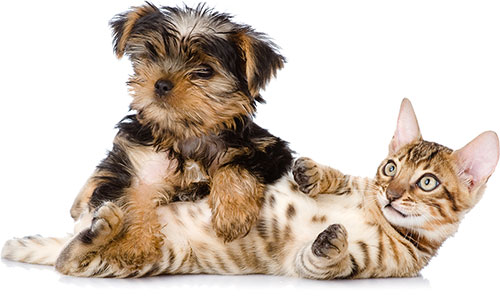Extraverted & Introverted cat personalities vary. Some are sweet cuddlers~ looking for & loving attention while others are loners allowing you minimal interaction. Any or all of them may bite on occasion ~ as a way of communicating often catching us off guard.
Was that a playful nibble, a love bite or a warning of some kind?
Here are 4 Reasons Why Your Cat Is Biting
#1: Showing Affection
Hopefully this is why & what we prefer to believe is our cat[s] way of ‘loving’ us.
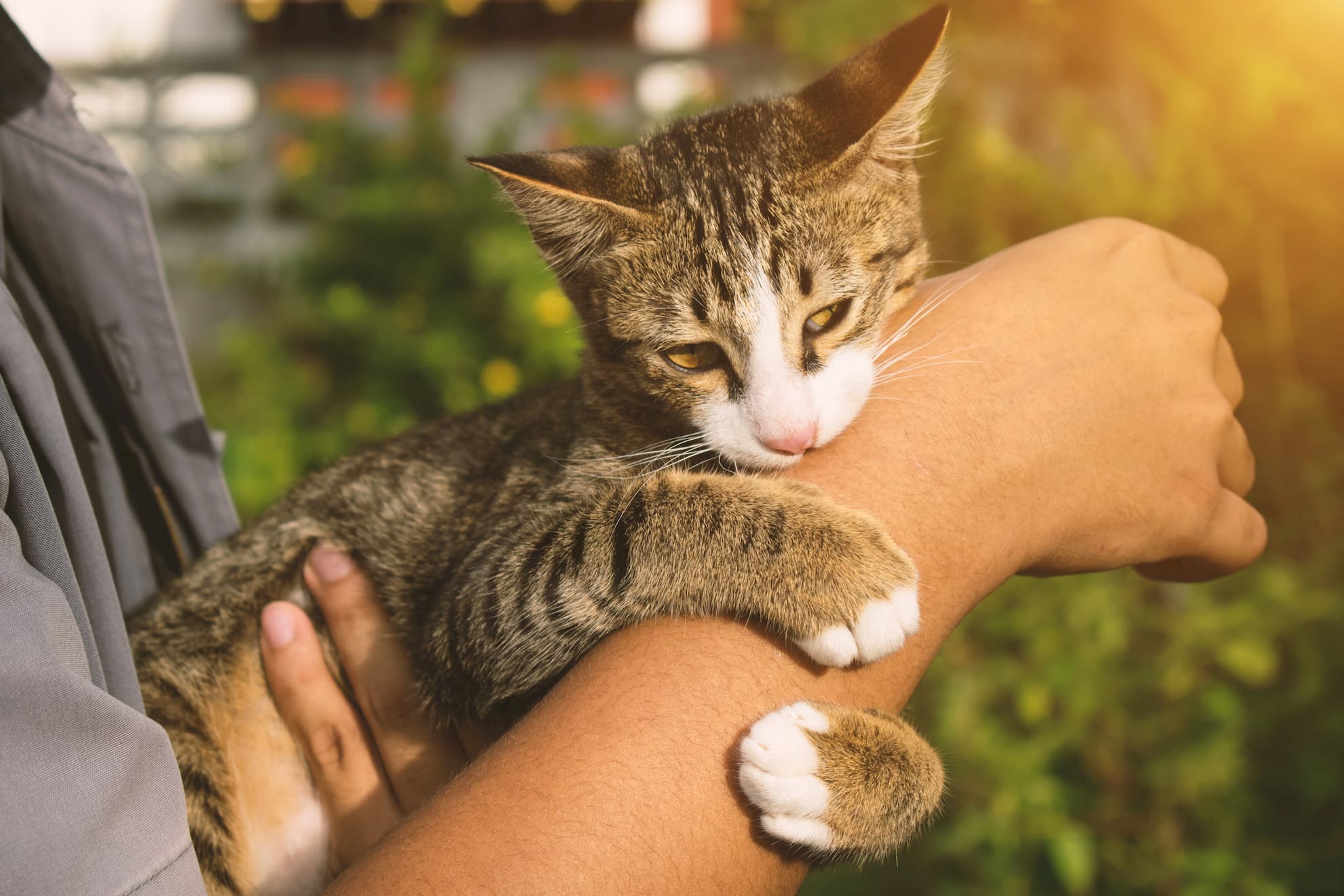
The best way to determine this is to note the situation and your pet’s body language.
Is he/she relaxed? Are her/his ears upright? These are non-aggressive tell-tale features.
If this is a ‘no-no’ in your world ~ don’t react by yelling or hitting. Just a simple & firm voice tonality “No!” and then remove/leave them ~ as a form of banishment from you. If you’re consistent, this can be enough to change their behavior over time.
#2 Play Biting
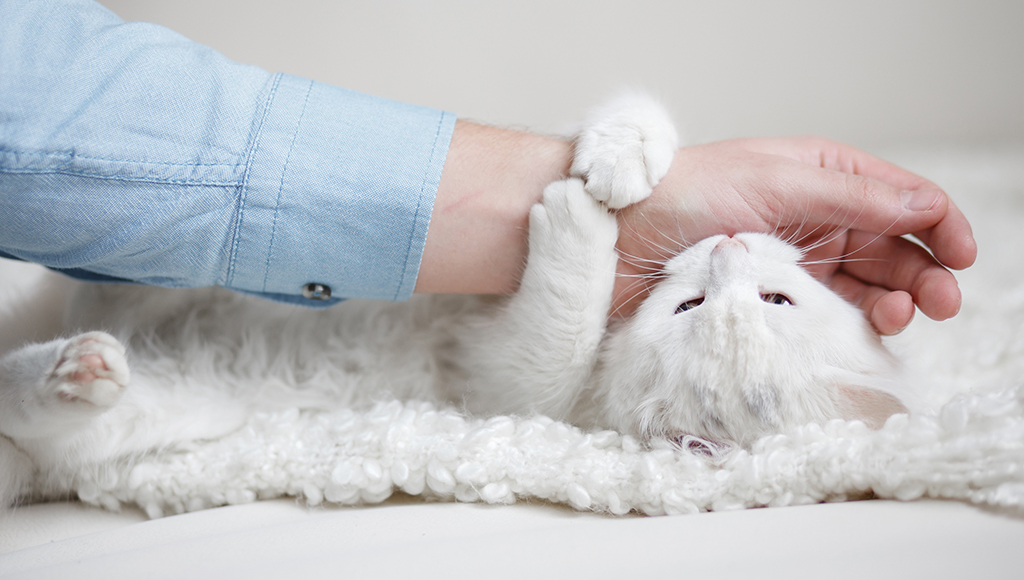
A quick bite from your cat may also be an attempt to play with you.
They learn this in their formative early days/time in their litter when they wrestle and nibble their brothers and sister kitten. As they grow within the litter they learn not to get too rough thanks to the squeals of their playmates ~ but kittens who are removed from their families too early [prior to 7-8 weeks of age] may not have learned these important ‘boundary’ lessons.
If you’d want to stop your cat from using their teeth here are 3 suggestions.
A] Ignoring a bite and walking away from them [a form of temporary abandonment from you] may be enough to “punish,” along with a stern “No!” & giving off ‘unwanted vibes’ from you.
B] Be consistent. Allowing biting sometimes and getting angry at other times sends confusing signals to your cat. Cat behavior won’t change without consistency.
